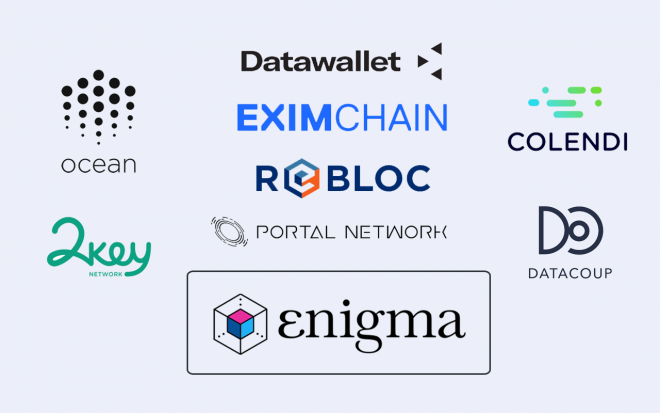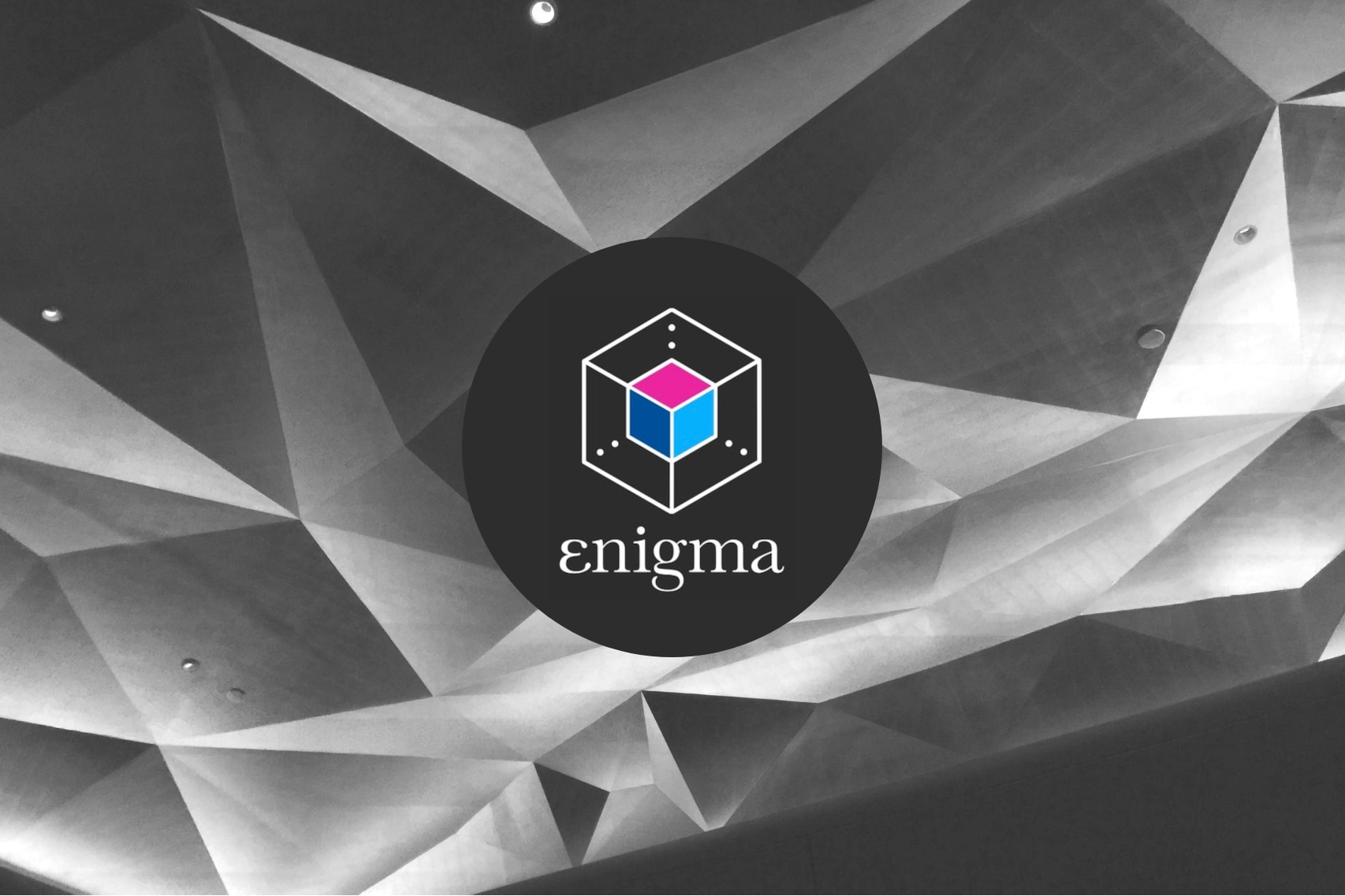The rise of cryptocurrency in Q4 2017 brought the importance of privacy into wider discussion—most saw this as the major benefit that Bitcoin had to offer from the very beginning. As the gap between gamblers and investors began to widen, it became more clear that a truly private blockchain solution is easier said than implemented.
On one hand, there’s the demand for completely private, anonymous transactions. On the other, we have the demand for entirely private smart contract solutions. Bitcoin and Ethereum would capture a majority of the market if they could solve the privacy paradox, but they haven’t.
In the case of Ethereum, founder Vitalik Buterik has recently changed his perspective on the necessity of privacy in a free society, stating, “I’m considerably more pro-privacy than I was a few years ago,” and that he has realized “how bad mainstream media is even today, which makes me more understanding of people’s desire to protect themselves from them.”
As crypto sweeps the globe, there are a few projects taking the initiative to find a solution. One of them is Enigma.
Solving the Smart Contract Privacy Problem
The privacy problem has been known for years, so it’s no surprise that there are companies looking to release a solution by the end of 2018. Enigma announced at the end of August 2018 their partnership with 8 different blockchain projects, all of which are helping to build, within a testnet, what is known in the Enigma whitepaper as “Discovery.”
What is Discovery?
The desired end result of Discovery can be compared to the manner in which top secret government organizations operate.
By compartmentalizing a smart contract into several parts, keeping them encrypted while working on them separately, and then stitching them back together, the information within the smart contract never sees the light of day. This process is known as Secure Multiparty Computation (SPMC), and while it’s the end goal of Discovery, it’s won’t be ready for the opening release.
While they won’t be able to introduce an SPMC solution initially, they’ll still be delivering secret smart contract capabilities by using trusted execution environments (TEEs). Enigma CEO Guy Zyskind expects the SPMC to be ready in 2019.
8 Launch Partners
The Enigma protocol runs on top of other blockchains, and they’ll be looking to enhance Ethereum’s blockchain right off the bat. Of the 8 launch partners, 5 are built on Ethereum:
The remaining 3 non-Ethereum-based launch partners are:

For example, Colendi is helping to launch the Discovery protocol by providing a legitimate use case for privacy as a necessity—a credit-scoring and microlending dapp. There’s an obvious need to secure sensitive information like bank statements and identification numbers, and there’s an important side effect that occurs when this practice is implemented on a large scale.
Stepping back, this side effect is essentially the whole point of cryptocurrency. The reduction of theft and corruption by eliminating the tendency for large, centralized “honeypots” to form and beg exploitation.
Ensuring private transactions and smart contracts should keep crypto-purists happy, and could turn out to be a monumental step in the right direction for humanity as a whole.
To stay in Enigma’s loop, check out their website, read their whitepaper, join their subreddit, and follow them on Twitter.
Related: Blockchain and the Future of Digital Privacy: Why Privacy Must Go Beyond Transactions

